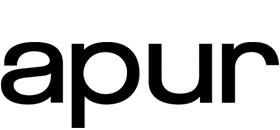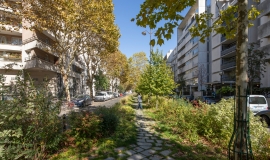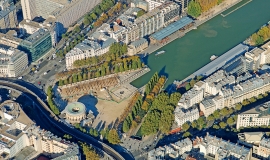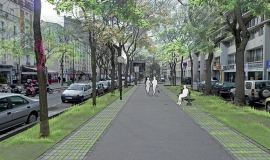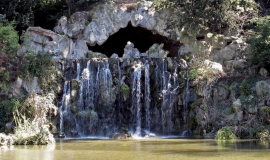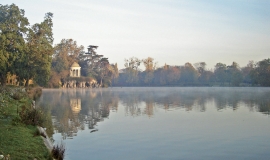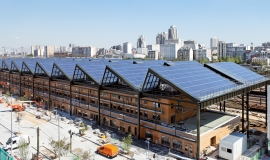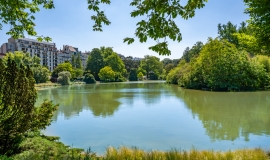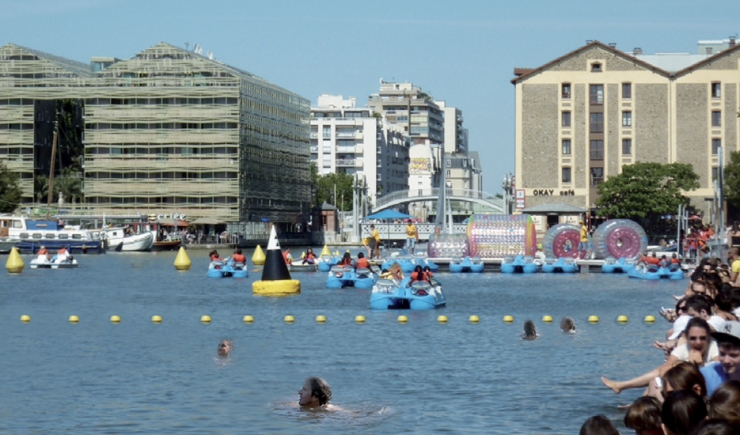
This report expands and develops the studies carried out in 2010 and 2011 on the future of the non-drinking water network – (Eau Non Potable – ENP). It is a two-year study commissioned in April 2012 as part of the partnership programme with Apur, following a decision by Paris City Council - Conseil de Paris - (March 2012) to maintain and increase the effectiveness of the ENP network, and has been undertaken with the support of the City of Paris Department of Sanitation and Water and Paris Water - Direction de la Propreté et de l’Eau de la Ville de Paris et d’Eau de Paris -.
The report is in three parts:
The first part concerns the definition of a sustainable mix of water for the Paris network. It reveals the current state of resources and highlights possible experiments concerning both the development of the raw water resource and the technical means that need to be implemented, as well as the different types of water likely to be part of the mix, on different time scales.
The second section, put together with services of the City of Paris, Eau de Paris and outside experts, reconstructs the exchanges which took place during themed workshops on the subject of resources and sources of supply for the ENP network, the metropolitan technical infrastructure and the development of water resources for the city of the future. This shared information enriches and enhances both the first and third sections.
The last volume concentrates on identifying existing usage and its potential for development, particularly by private users. Even though the Parisian territory is differentiated from certain neighbouring communes through its heavy public use of non-drinking water, it is also an important territory of experimentation and re-appropriation whose issues for the main part concern the metropolis.
The experiments considered in the whole study have also offered the opportunity to examine practices which are older but still in use, and also different situations in large cities (Madrid and Barcelona) confronted by water stress issues which are likely, over time, to affect Paris and its adjacent departments.
This report is a spur towards the rediscovery and redefinition of the place and uses of water in the city and encourages a different perception of non-drinking water: decompartmentalise procedures, prioritise access to public space, recycle water...Many subjects which will guarantee a sustainable future for Paris and the metropolis.
